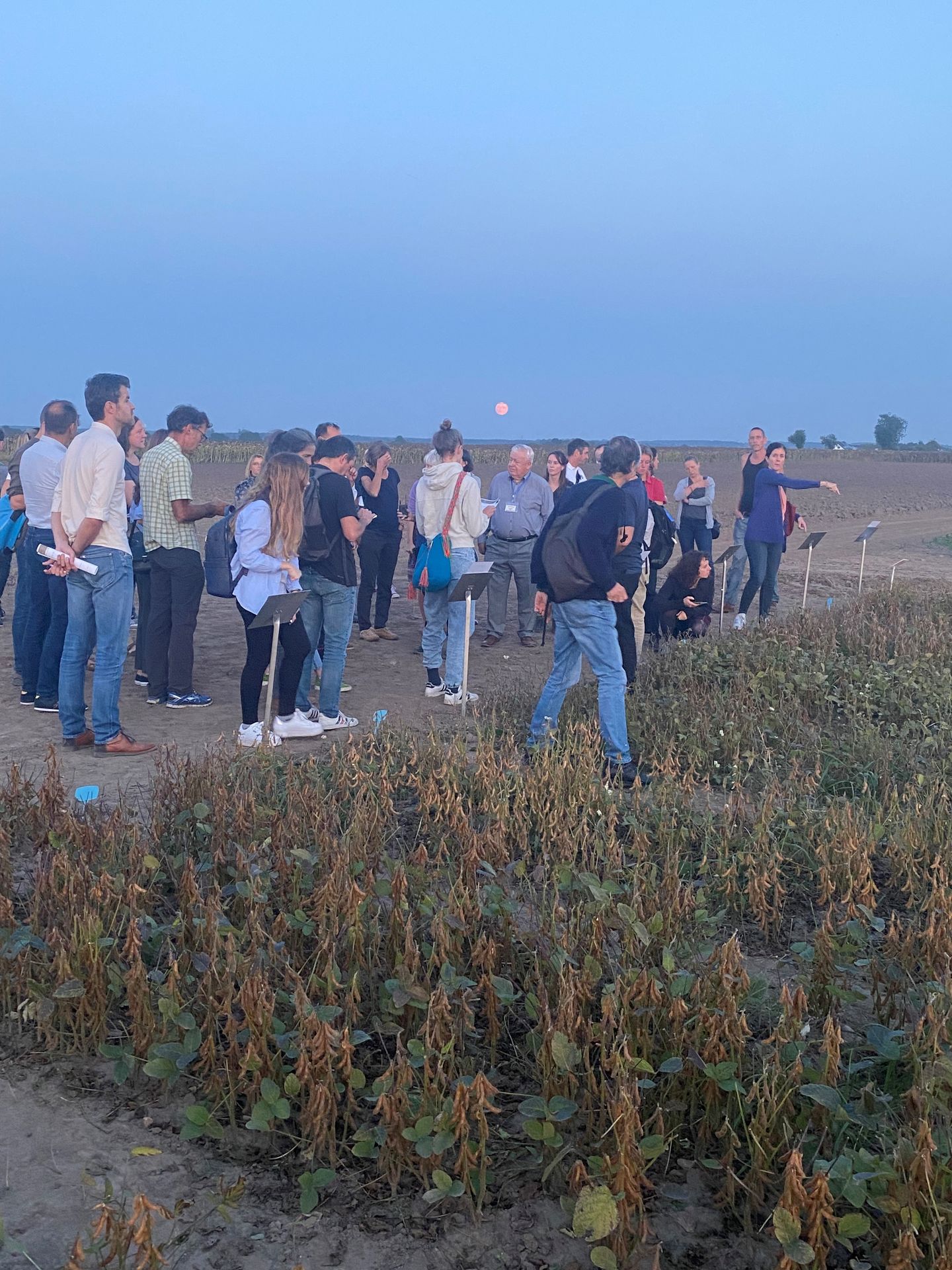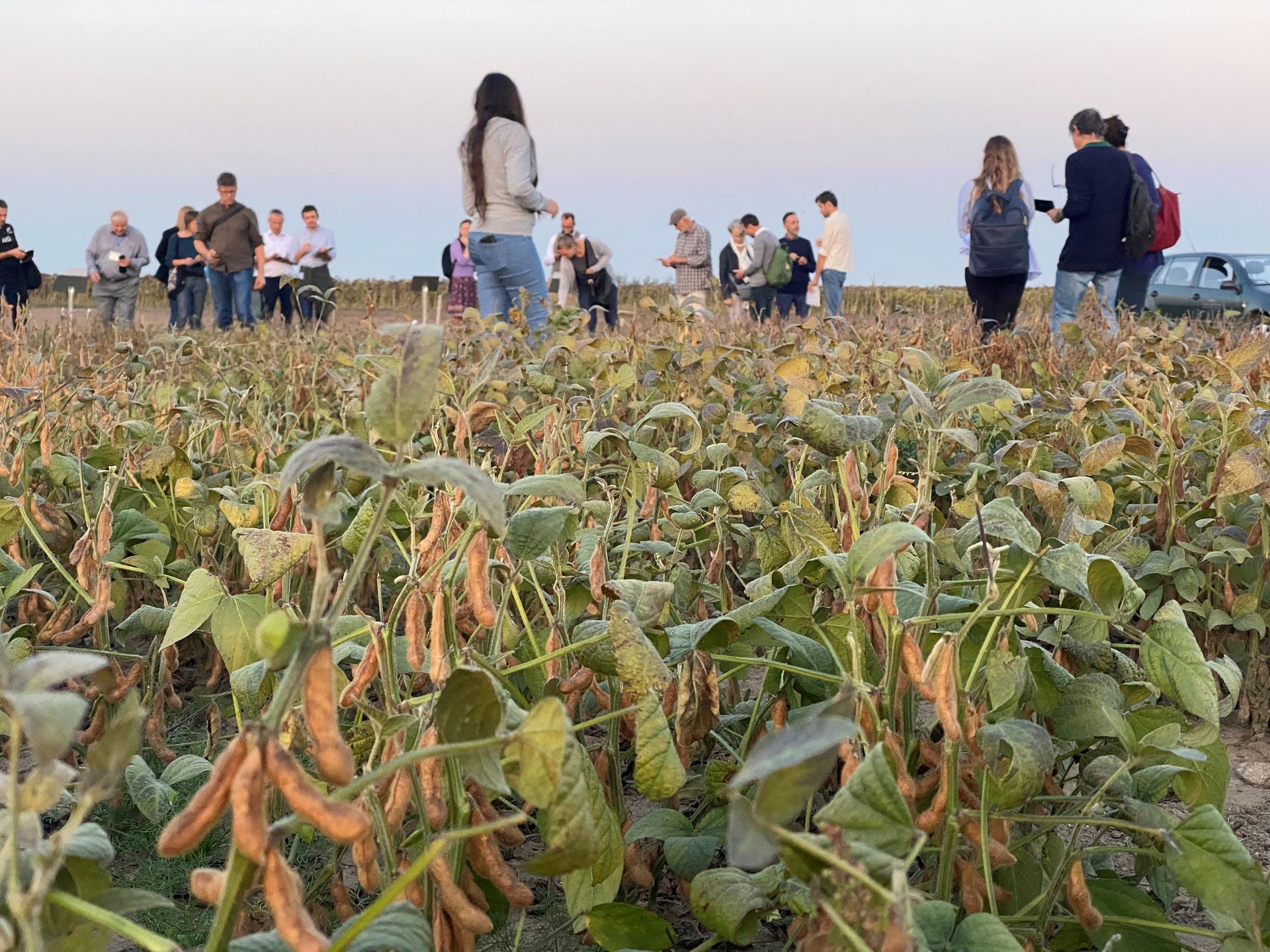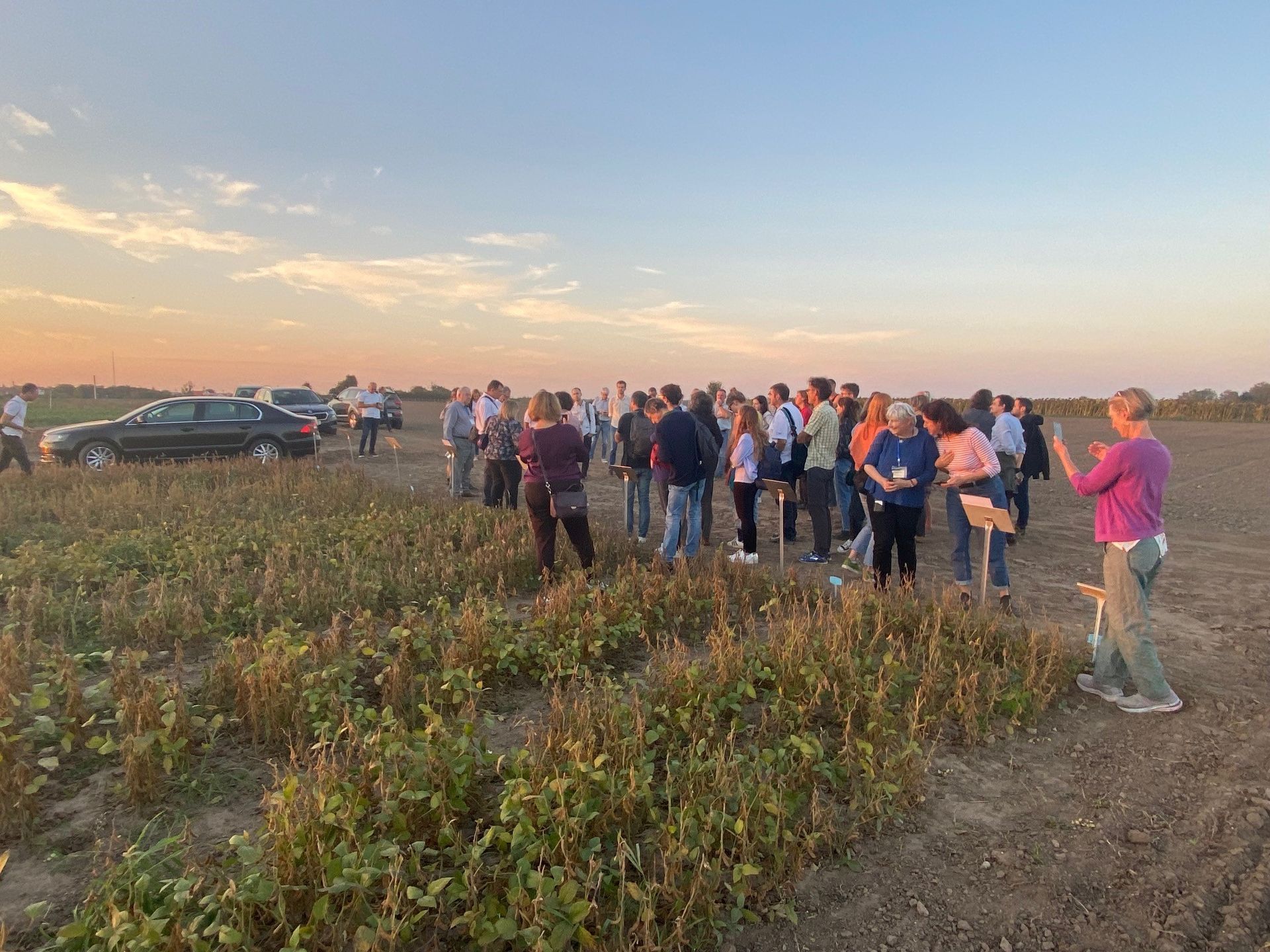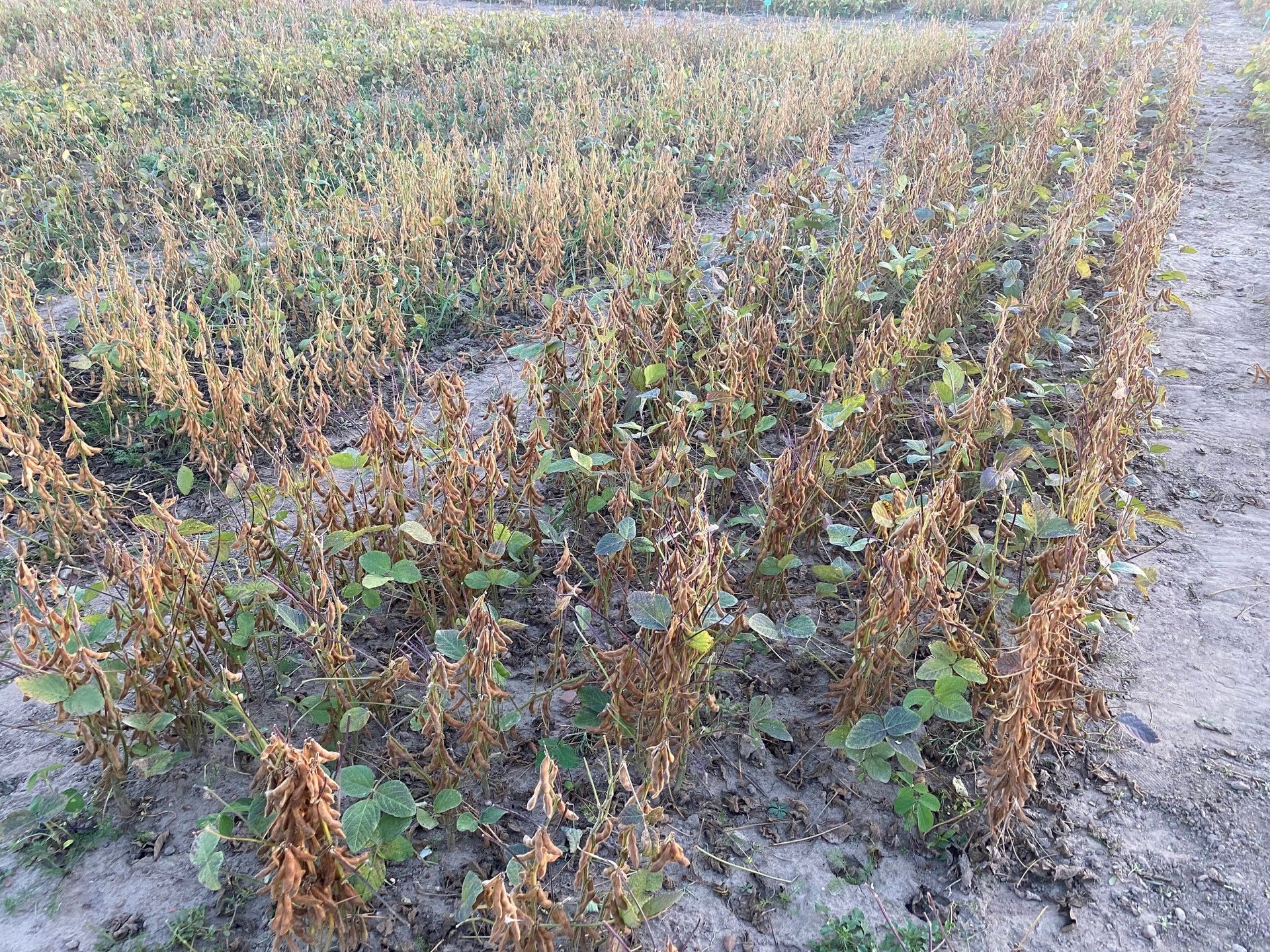Last week I was in Poznan, Poland for the annual meeting of the EU project LiveSeeding. Organic Arable has a key role as a practitioner of living labs, with our wheat, oats and bean on-farm cultivar evaluation serving as something of an exemplar for the other partners in Europe, with the quality of trials we run, the useful data produced and the different funding mechanisms and supply chain engagement. As you may or may not be aware, the research levy paid by White’s and yourselves on every tonne of grain sold provides the funding to carry out the research work that has had a real impact on the quality of oats White’s have been receiving. This supply chain funded model also makes the initiative financial sustainable. The wheat trials are funded by Organic Arable directly through profits but are wholly justified by the tonnage of wheat we sell each year, and have also been very useful in identifying two excellent winter wheat varieties for Organic farming, a good soft wheat option and potential blends with the information we have gathered. The beans are a new initiative funded by the LiveSeeding project with the hope that if we can learn more about the organic agronomy of beans, can improve production, and hopefully even increase acreage, and gain supply chain buy-in, that we can also find a financially sustainable model to support this work. All three living labs are different and all are providing vitall information, and inspiration for our European counterparts to learn from.
As well as presenting and discussing the three living labs, and trying to develop the models for how they work, we also looked into the issue of seed health and vigour. We will be providing samples of farm saved and commercial seed lot seeds to one of the researchers in France who will assess for vigour and quality. There is a need to understand the difference in seed quality to be able to make better recommendations on whether to invest in new seed of whether home saved seed can be of equal quality. The soils the seed is grown in will have a big effect, both on the grain itself and on the seed microbiome. Commercial seed is produced to a set of regulations and to a higher standard, hopefully ensuring high seed vigour, which will be investigated through the project. We will also look at differences between varieties, to see how seed vigour and field performance link. We hope this work over the next few years will make a real impact on the establishment of the crops you grow.
We had an interesting field visit to a Soya variety trial as Poland is also keen to find alternatives to imported protein. We used an app called SeedLinked to rank the varieties on different traits, with scores from 1-5. This is the direction we would like to take our variety trials work in as Farmer evaluation is as, if not more important than the researcher contribution for varietal selection. In short you know what you're looking for from a crop and can score accordingly.
The importance of this variety evaluation should not be understated, nor the essential contribution made by the farmers involved, to take collective action on addressing the need to find the best varieties for organic farming.



